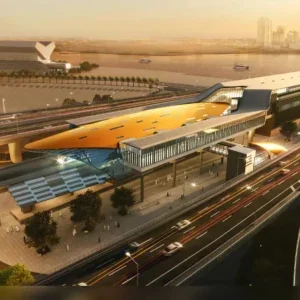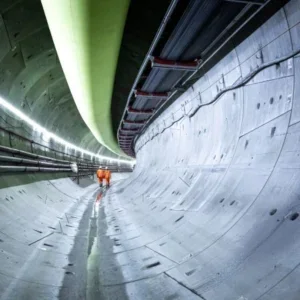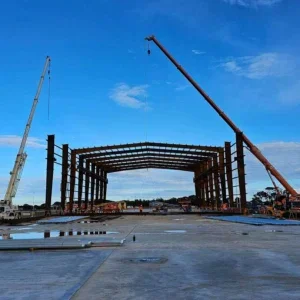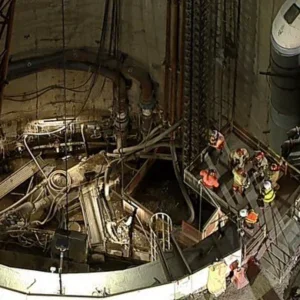Investigations in to last year’s Cologne city archive collapse have revealed evidence of discrepancies in vital documents and claims of workers selling construction materials for scrap.
In March 2009 two people died when the city’s six storey archive building collapsed, taking with it two residential buildings on either side. It was located near a deep cut and cover box excavation below a road that was to form part of the city’s metro system.
The job was being undertaken by Bilfinger Berger, Weiss and Frey and Zublin in a joint venture.
Martin Büllesbach, head of communications at Bilfinger Berger, and speaking on behalf of the JV told T&TI: “Investigations are ongoing regarding the collapse and at the moment the bigger issue is an ongoing second investigation in to discrepancies found within crucial documents.”
Between 20 and 30 records are believed to have been forged. These were discovered during investigations in to the collapse of the archive, and relate to the diaphragm walls of the Waidmarkt cavern. “The protocols relate to the size, depth and width of the holes that form the diaphragm walls which create a cavern that will form an underground station,” said Büllesbach.
The documents suggested that necessary shear dowels had failed to be installed at joints of the tunnel’s diaphragm wall reinforcements, leading to claims of theft from site.
Büllesbach said, “It is sad we have this accusation, it seems to be correct.” Bilfinger Berger checked two separate areas and discovered only two shear dowels where there should have been ten. However, even if all the shear dowels were missing that would only equate to 1% of the total steel amount used on site.
He added, “To sell left over material from site is acceptable, but you can’t sell things that are supposed to be in there!”
This sentiment is echoed throughout the company. In a personal letter to Cologne’s mayor Jürgen Roters, the Chairman of the Executive Board at Bilfinger Berger Herbert Bodner said, “For me, as an engineer, the failure to install shear dowels at the joints of the diaphragm wall reinforcements is inconceivable and something that I have never seen in all my years of professional experience.”
However, it is the falsification of construction data that the JV are most concerned by.
”This is the big issue and it is unacceptable. Why are there protocols missing, or looking alike? Was it manipulation or a mistake, it is not clear,” said Büllesbach.
All members of the JV are 100% behind the investigation. The tunnel’s owner, Kölner Verkehrs-Betriebe, was unavailable for comment.
It is unclear when the job will be completed, nor when work will recommence. Büllesbach told T&TI, “Number one priority right now is to secure the archive materials. This might take another few months. Even if this is solved by the end of the year and work can restart, plans will have to be drawn up again.”
“We are not even able to open the Waidmarkt cavern due to things from the archive being in there. It’s bad news for the people of Cologne.”







